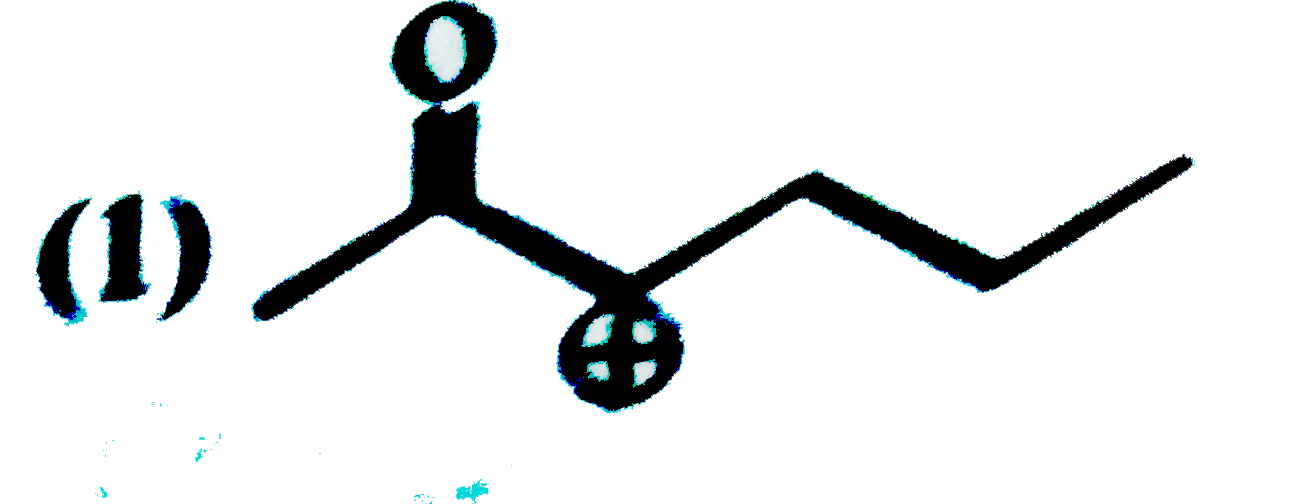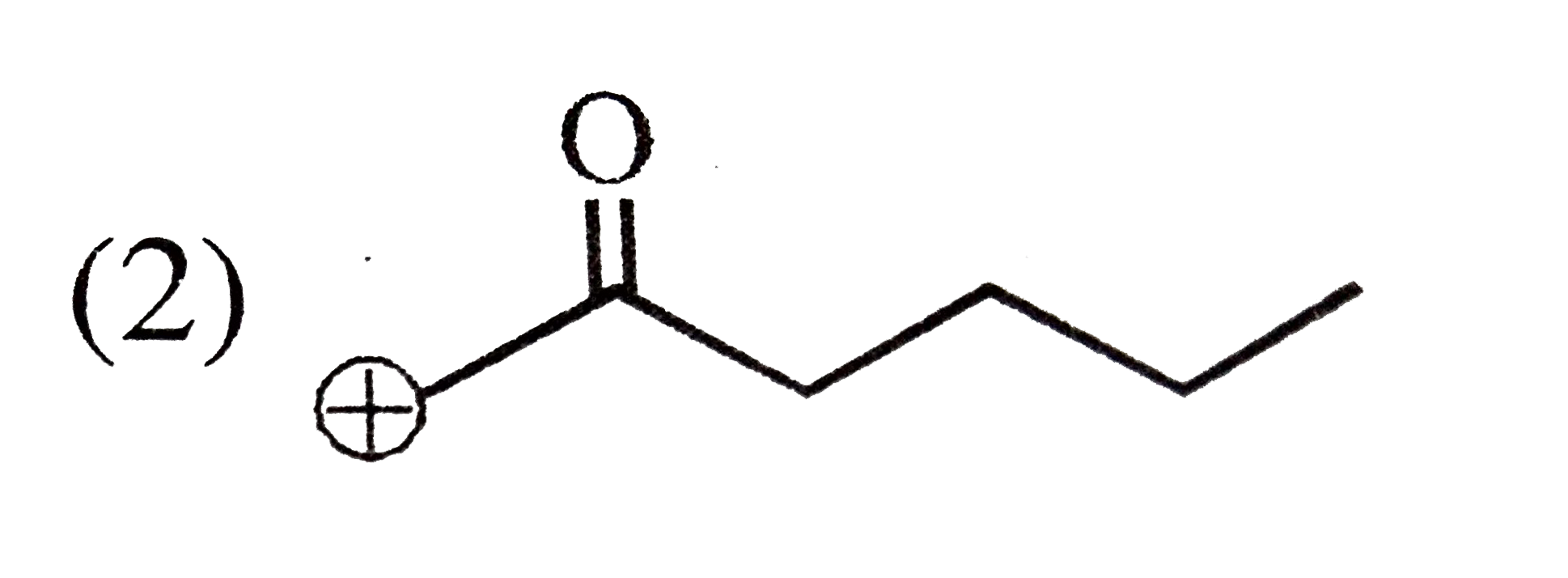Which one of the following carbanions is most stable ?
CH2=CH−−CH2


CH3−−CH−CH3
To determine which carbanion is the most stable among the given options, we need to analyze the factors that influence the stability of carbanions. Here’s a step-by-step solution:
Step 1: Understand Carbanion Stability
Carbanions are negatively charged carbon species that are electron-rich. Their stability can be influenced by:
- Resonance: Delocalization of the negative charge can stabilize the carbanion.
- Inductive Effect: Electron-withdrawing groups can stabilize the negative charge.
- Aromaticity: Cyclic compounds that are aromatic are generally more stable.
Step 2: Analyze Each Option
Let’s consider the options provided (not specified here, but we will analyze them generally):
1. Option 1: If this carbanion can delocalize its negative charge through resonance, it will be more stable.
2. Option 2: If this carbanion has a strong electron-withdrawing group (like NO2), it will stabilize the negative charge, making it more stable.
3. Option 3: If this carbanion is part of a cyclic compound and exhibits aromaticity, it will be very stable due to the cyclic delocalization of electrons.
4. Option 4: If this carbanion is adjacent to electron-donating groups, it will be less stable because the electron-rich environment will destabilize the negative charge.
Step 3: Compare Stability
- Resonance (Option 1) can provide stability but may not be as strong as the effects of aromaticity.
- Inductive Effect (Option 2) can stabilize the carbanion significantly, especially if the electron-withdrawing group is strong.
- Aromaticity (Option 3) is a very strong stabilizing factor. If the carbanion is aromatic, it is likely the most stable.
- Electron-rich environment (Option 4) will destabilize the carbanion.
Step 4: Conclusion
Based on the analysis, if one of the options is aromatic, that carbanion will be the most stable due to the stability provided by aromaticity. If not, the carbanion with the strongest electron-withdrawing group will be the next most stable.
Final Answer
The most stable carbanion is the one that is aromatic or has a strong electron-withdrawing group.
---
Carbanions are negatively charged carbon species that are electron-rich. Their stability can be influenced by:
- Resonance: Delocalization of the negative charge can stabilize the carbanion.
- Inductive Effect: Electron-withdrawing groups can stabilize the negative charge.
- Aromaticity: Cyclic compounds that are aromatic are generally more stable.
Let’s consider the options provided (not specified here, but we will analyze them generally):
2. Option 2: If this carbanion has a strong electron-withdrawing group (like NO2), it will stabilize the negative charge, making it more stable.
- Resonance (Option 1) can provide stability but may not be as strong as the effects of aromaticity.
- Inductive Effect (Option 2) can stabilize the carbanion significantly, especially if the electron-withdrawing group is strong.
- Aromaticity (Option 3) is a very strong stabilizing factor. If the carbanion is aromatic, it is likely the most stable.
- Electron-rich environment (Option 4) will destabilize the carbanion.
Based on the analysis, if one of the options is aromatic, that carbanion will be the most stable due to the stability provided by aromaticity. If not, the carbanion with the strongest electron-withdrawing group will be the next most stable.
The most stable carbanion is the one that is aromatic or has a strong electron-withdrawing group.
Similar Questions
Knowledge Check
Which one of the following carbocations is most stable?
AC6H5−+CH−C6H5BCH3−+CH−CH3CH2C=CH−+CH2DH2C=CH−+CH−CH3Which one of the following carbocations is most stable ?
A BC6H5−⊕CH2C
BC6H5−⊕CH2C DCH3−⊕CH−CH3
DCH3−⊕CH−CH3Which one of the following Carbocation is most stable :
A B
B C
C D⊕CH2−NO2
D⊕CH2−NO2
Which of the folowing carbanions is most stable?
View SolutionWhich of the following carbocations is most stable ?
View SolutionWhich of the following carbanion is most sable?
View SolutionWhich one of the following carbocations are most stable?
View SolutionWhich of the following carbocation is most stable ?
View Solution